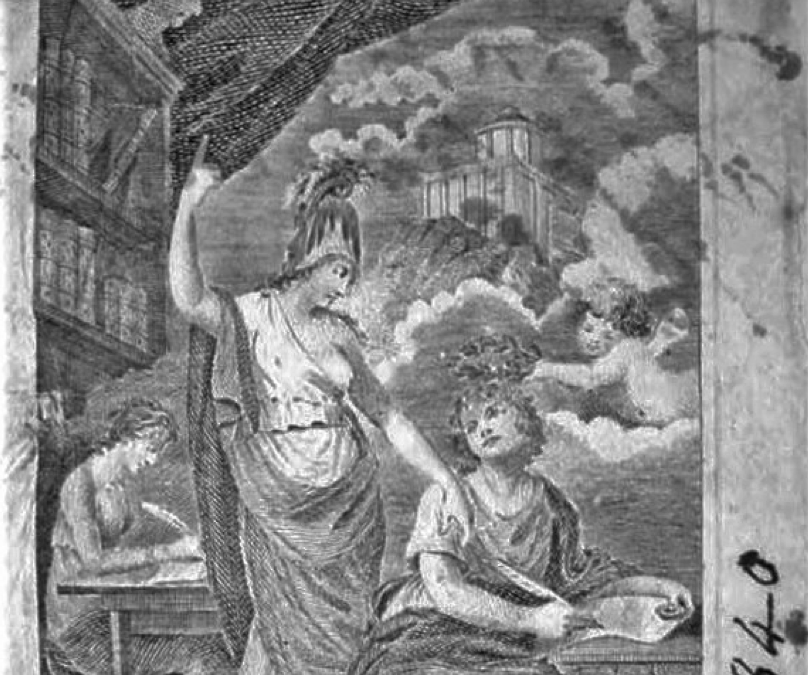Please make plans to join us next week on Thursday, November 30th, 12:00–1:15pm, in the Marty Center Library, for our final workshop meeting of the quarter.
Presenter: Kit Shields (PhD Candidate, Religions in America)
Title: “Written on their hearts”: Religious Conceptions of Literacy under Slavery
Abstract (excerpted from the paper): “In what follows I argue that biblical literacy in antebellum America was neither the key to resistance against slavery, as Bibb and Garnet maintained, nor irrelevant to the cause of freedom, as Douglass argued. While enslaved people who used literacy and religion in the service of escape or outright rebellion were the exception rather than the rule, slaves did commonly use religious conceptions of literacy to undermine slavery’s dehumanizing forces in other, less obvious ways. These forms of resistance were less obvious in part because they involved religious rather than more conventionally academic forms of literacy. Scholars have tended to downplay the role of religious structures and belief in the educational pursuits of enslaved people, even though most slaves who explained their efforts to learn were motivated by religion (namely, they wanted to be able to read the Bible), and even though religious education was usually much more available to slaves than non-religious schooling. I argue further that enslaved people developed and exploited religious conceptions of literacy in order to make education more widely accessible in the face of widespread and strict limitations on black literacy. In addition to developing Christian alternatives to conventional methods of reading and writing, enslaved people used religious conceptions of literacy to cultivate and maintain values and practices that were at odds with slavery, such as the preservation of relationships between black family members. Because it provided the possibility of developing values, interests, and relationships that opposed slavery, literacy, made more widely available through redefinition in religious terms, in turn helped enslaved people imagine identities and lives beyond their enslavement. Finally, religious conceptions of literacy involving God and the Holy Spirit as teachers and mediators served as proof of slavery’s injustice, and especially the injustice of restrictions on education.”
Michele Ferris (PhD Candidate) will respond. Lunch will be served.
The paper can be accessed and downloaded via the “Papers” tab (password protected) on the RAME Workshop website.
Please contact Joel (joelabrown@uchicago.edu) if you any questions or trouble accessing the paper.

